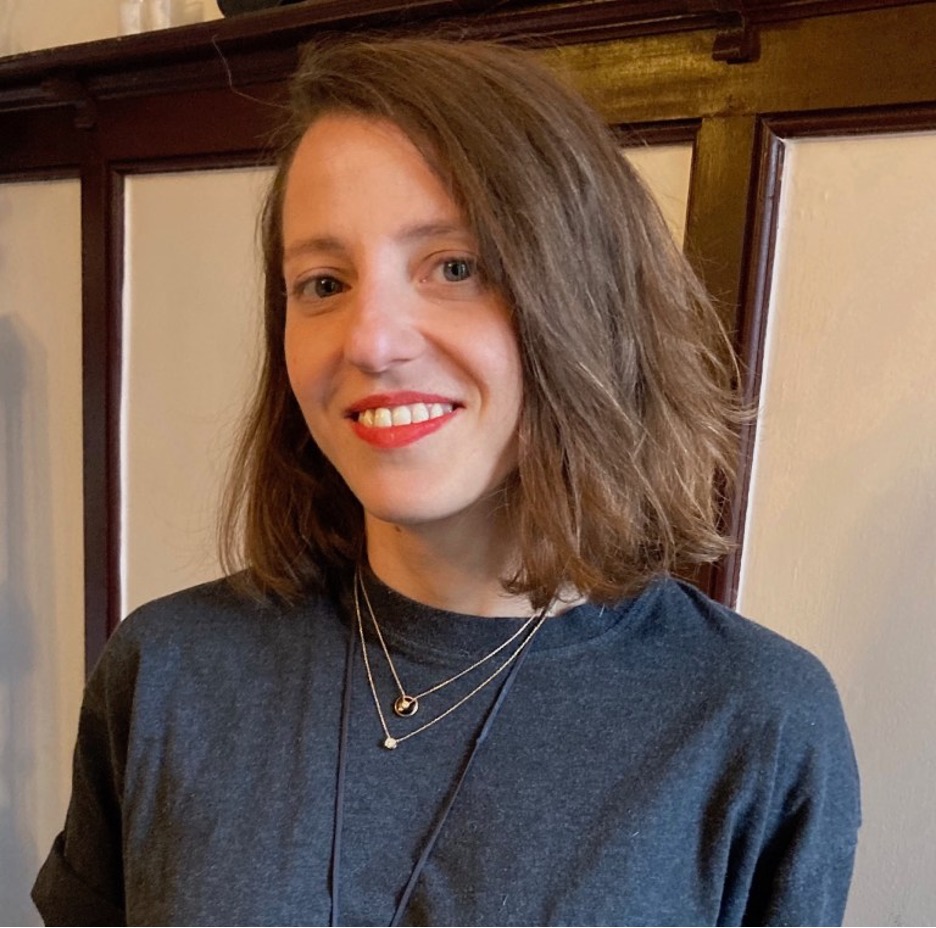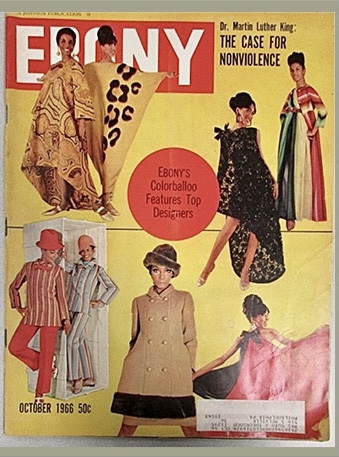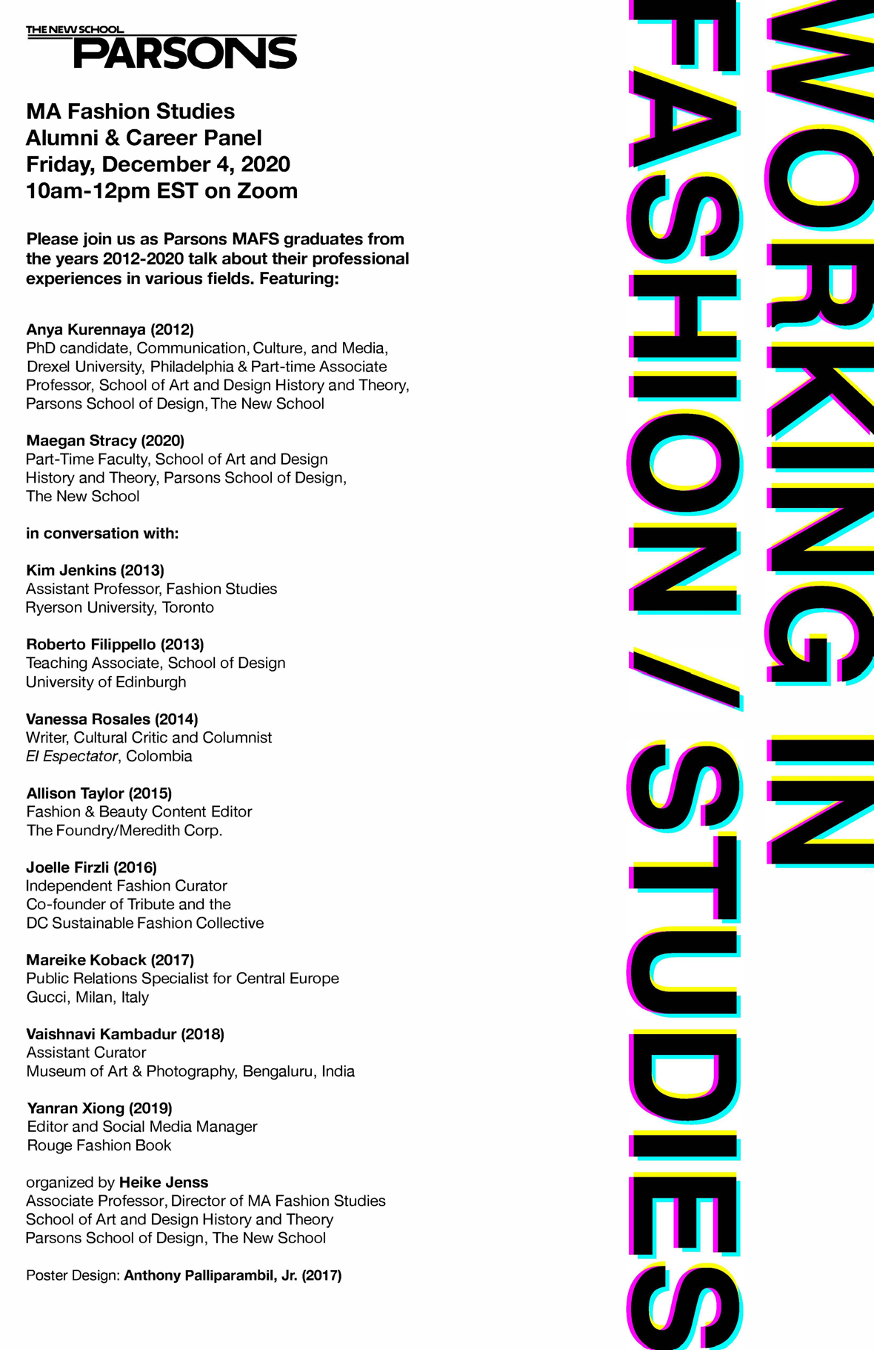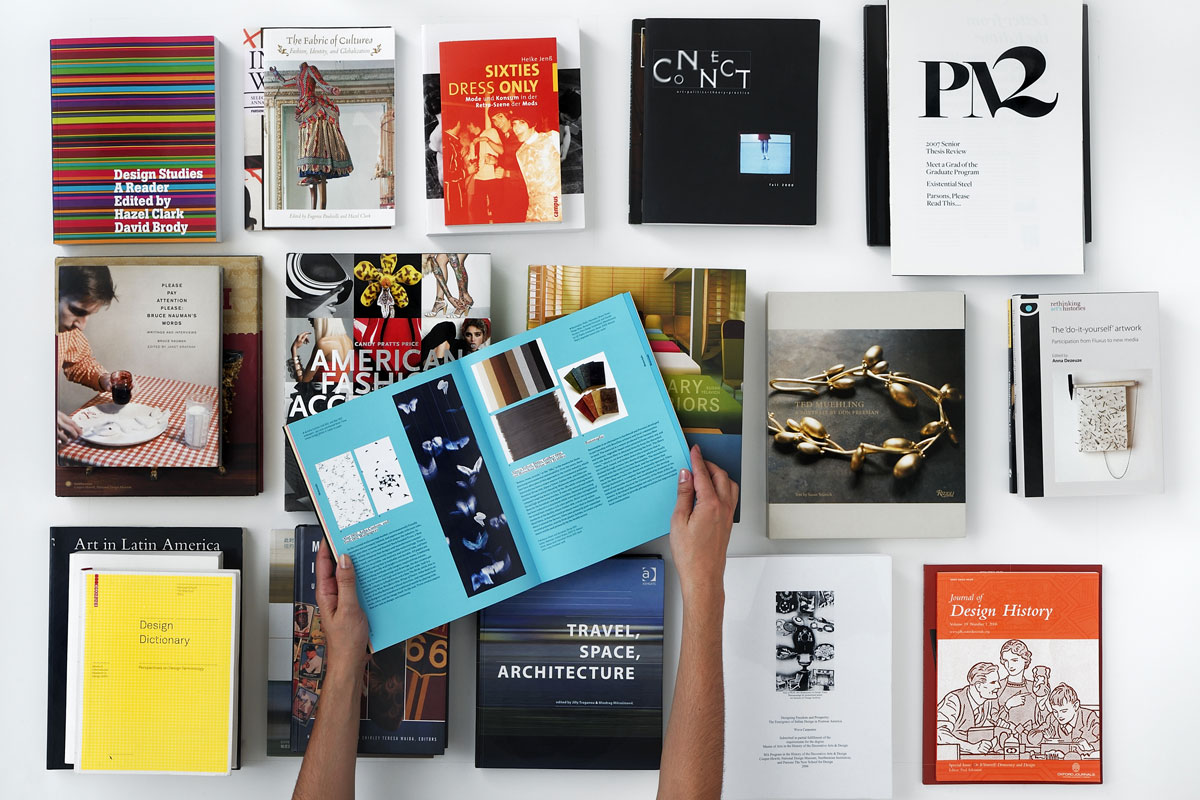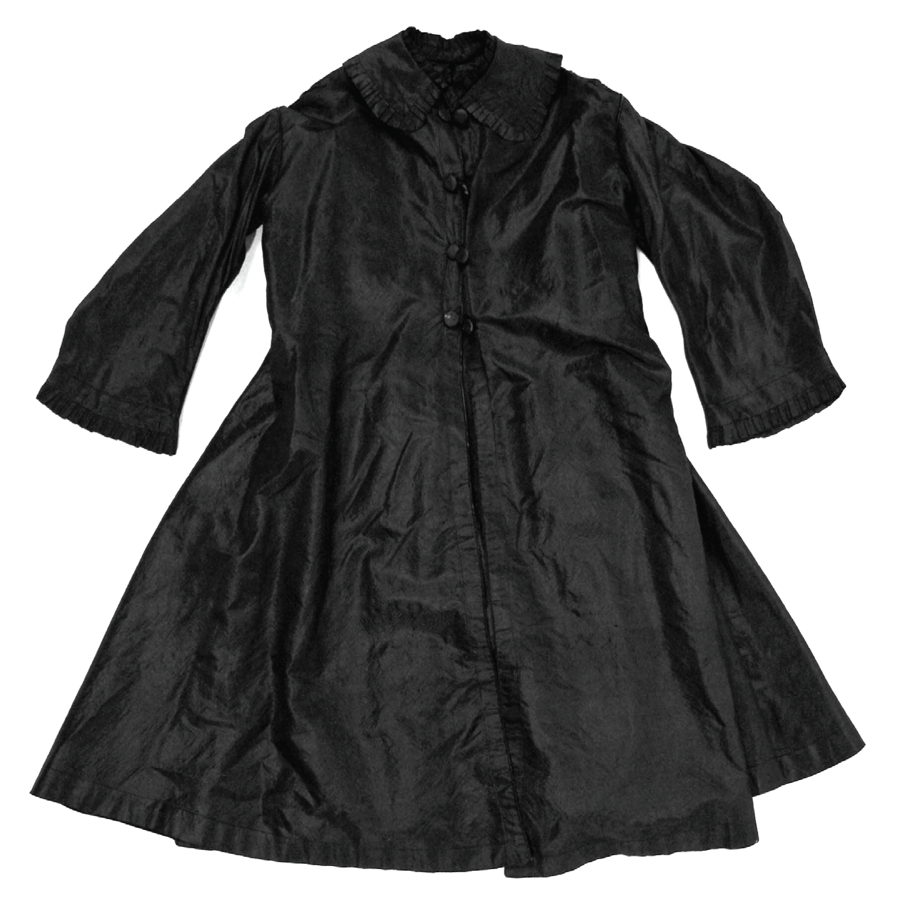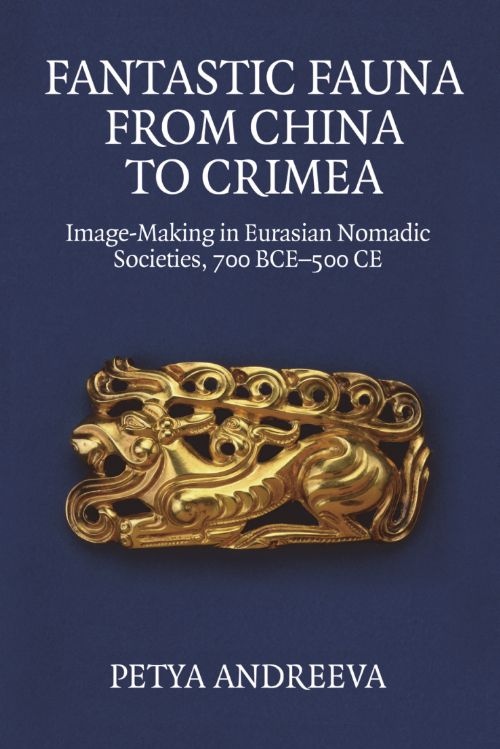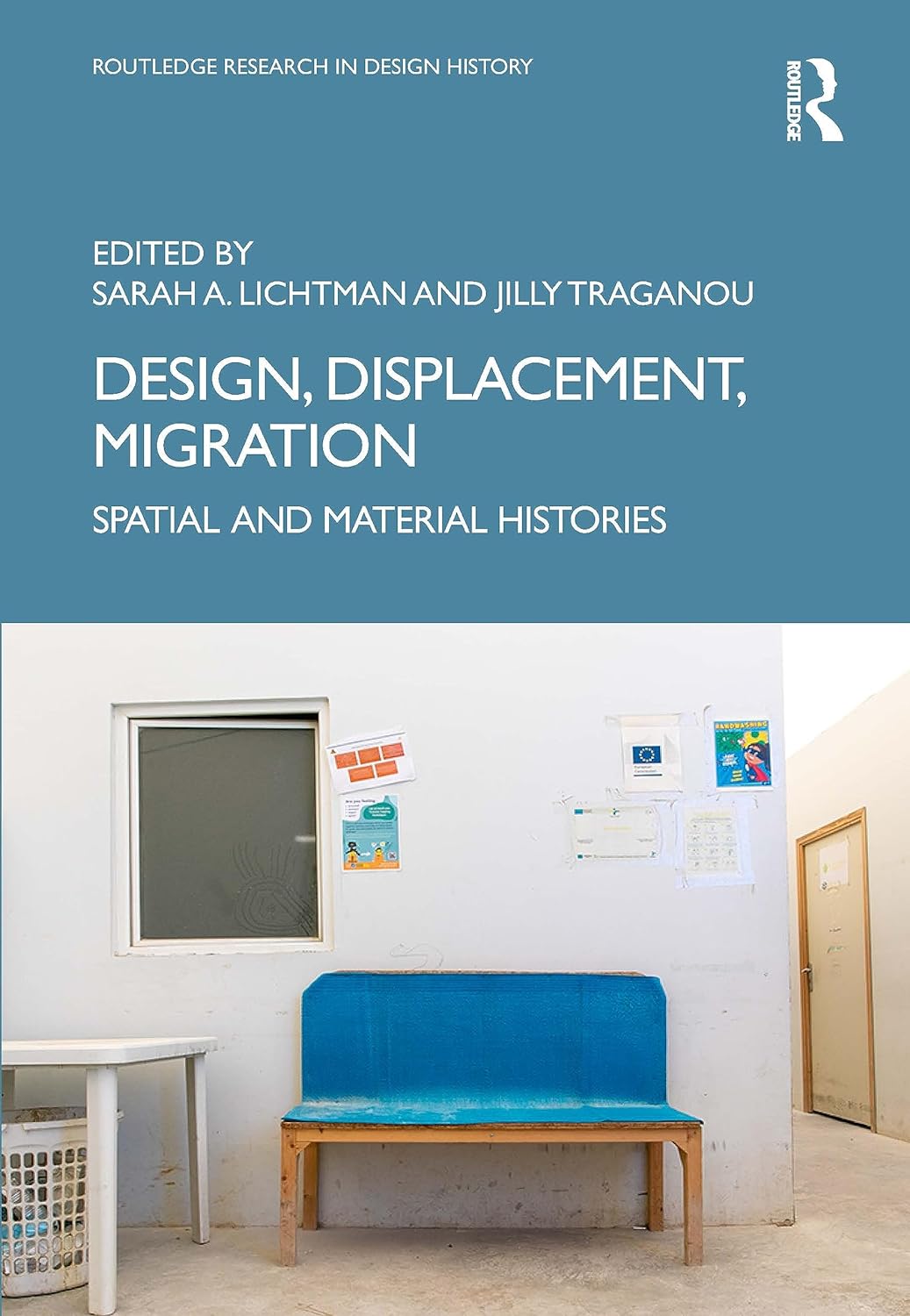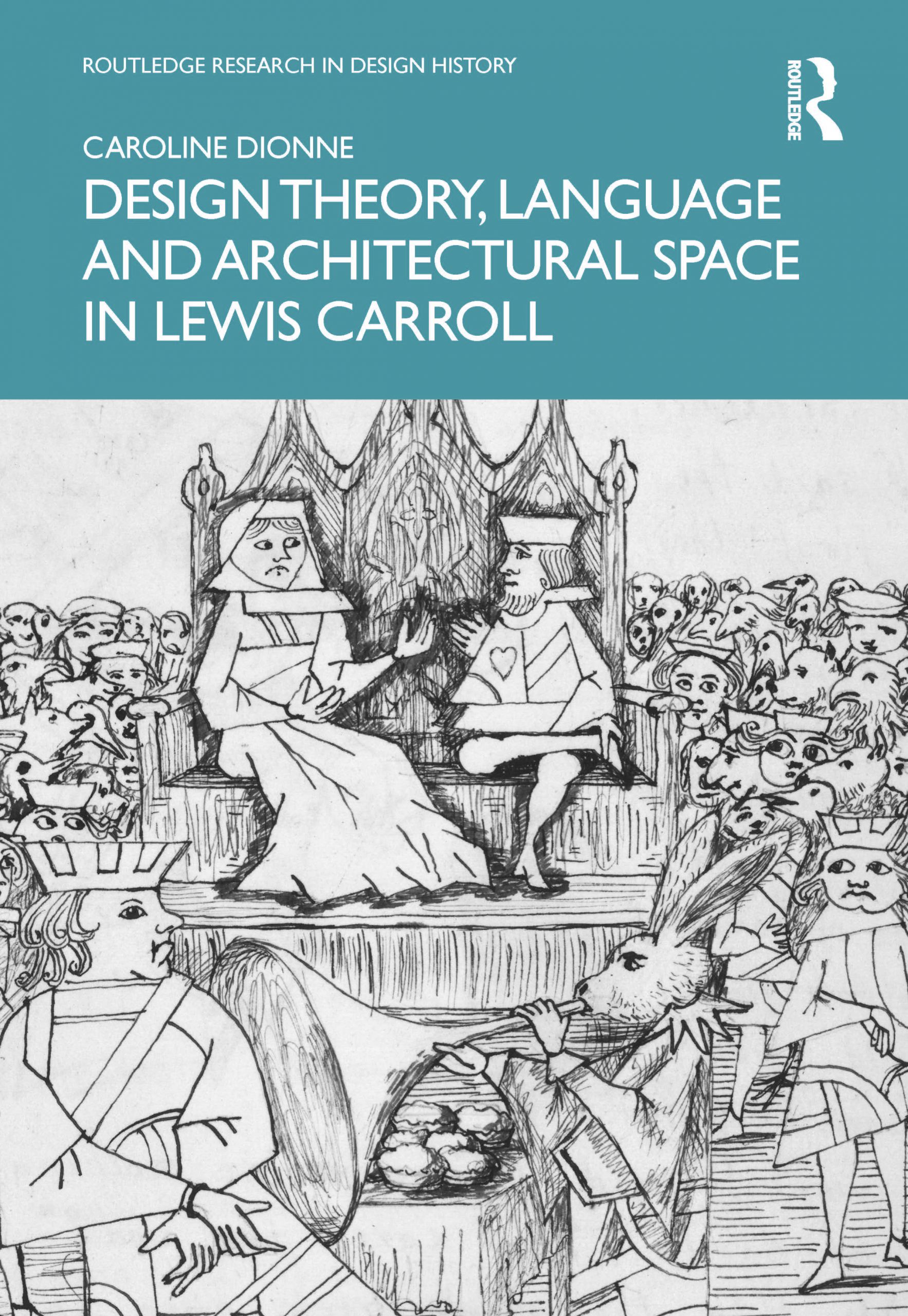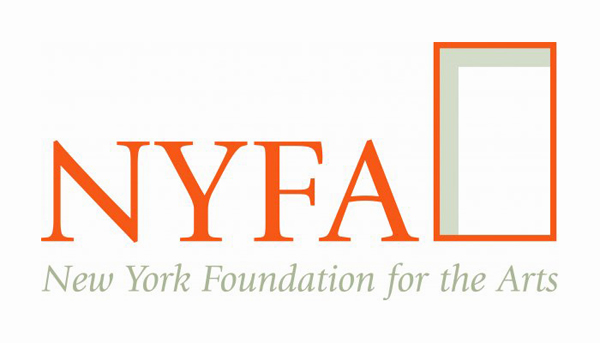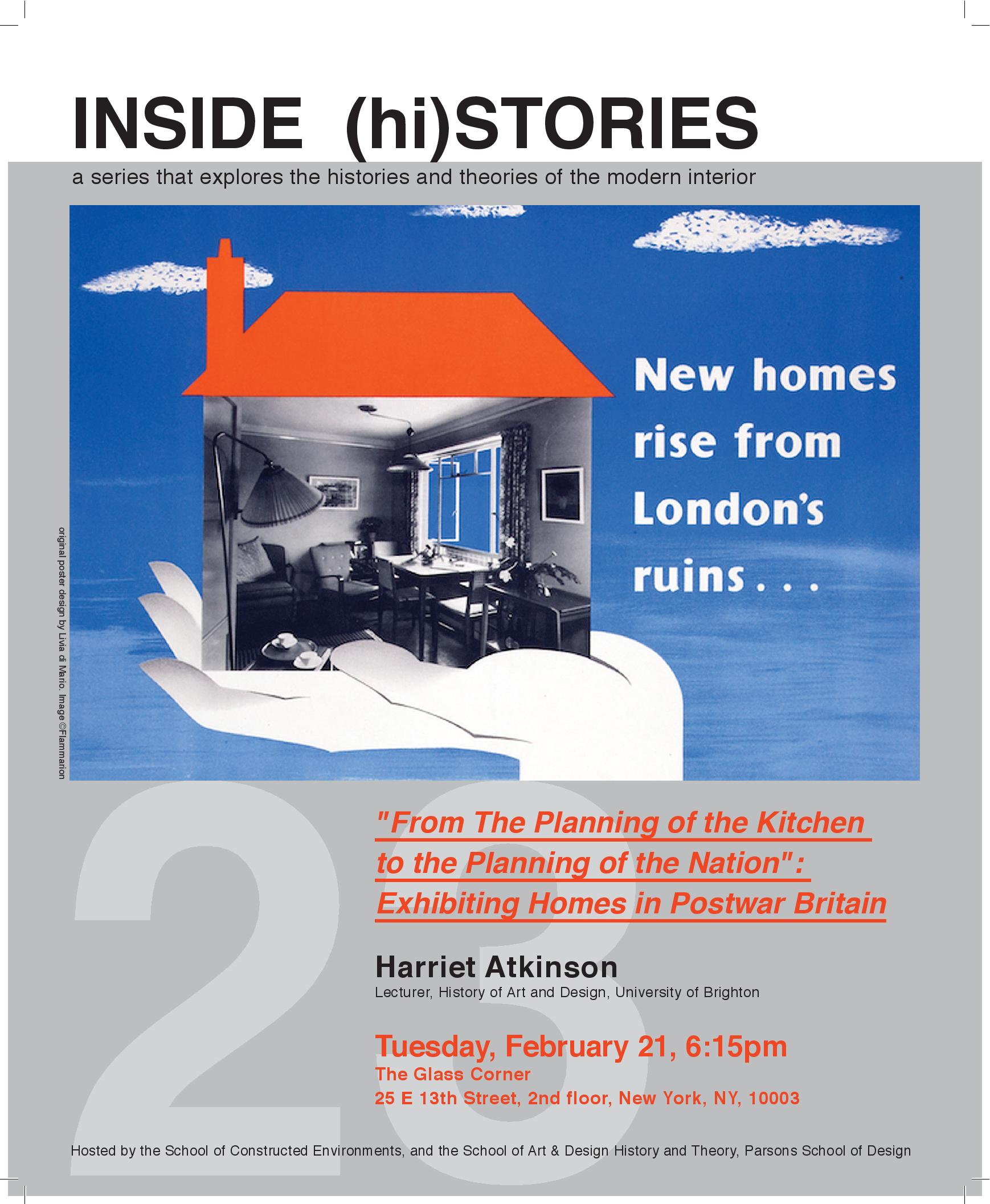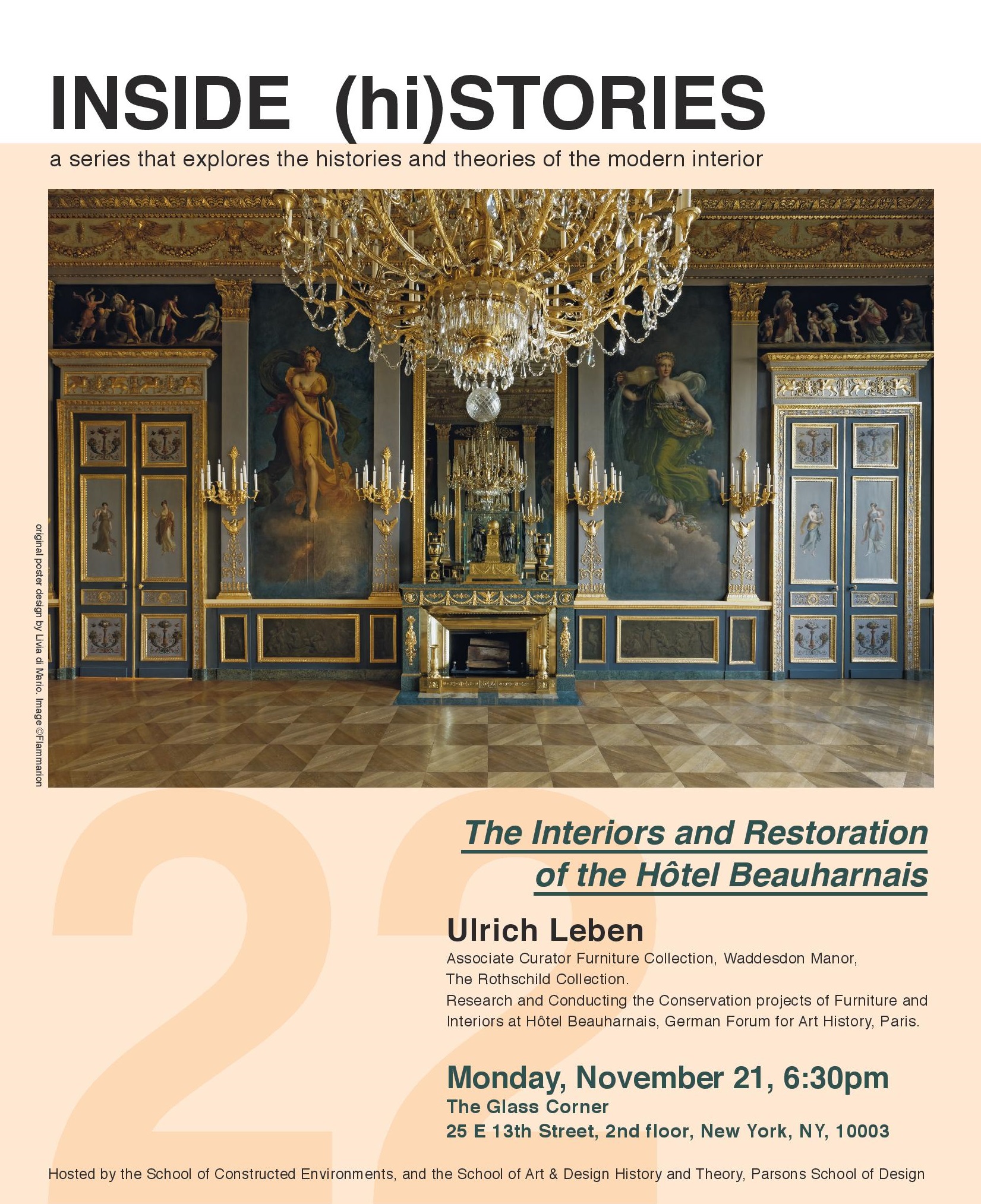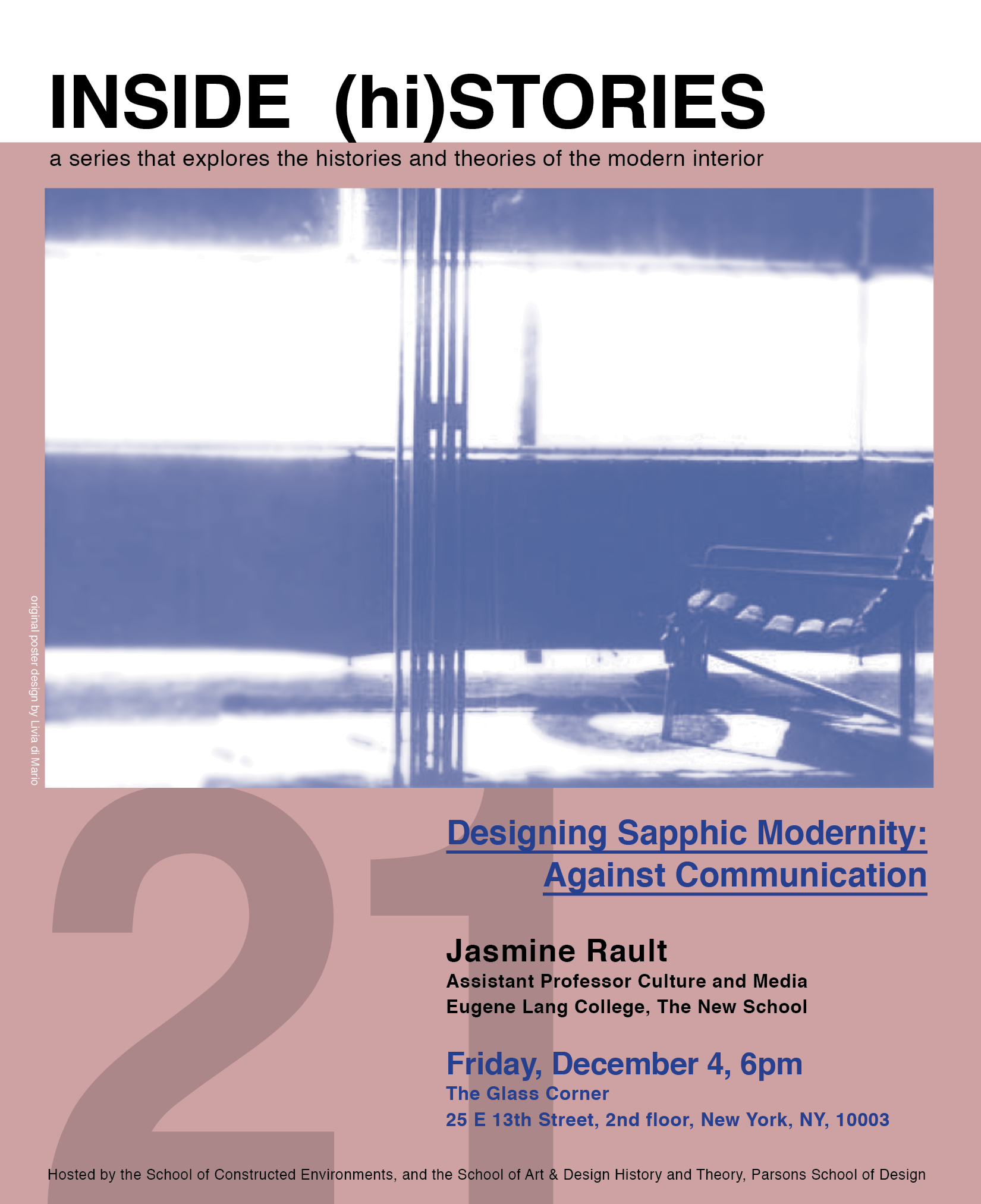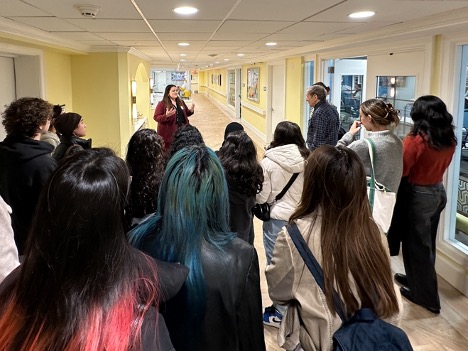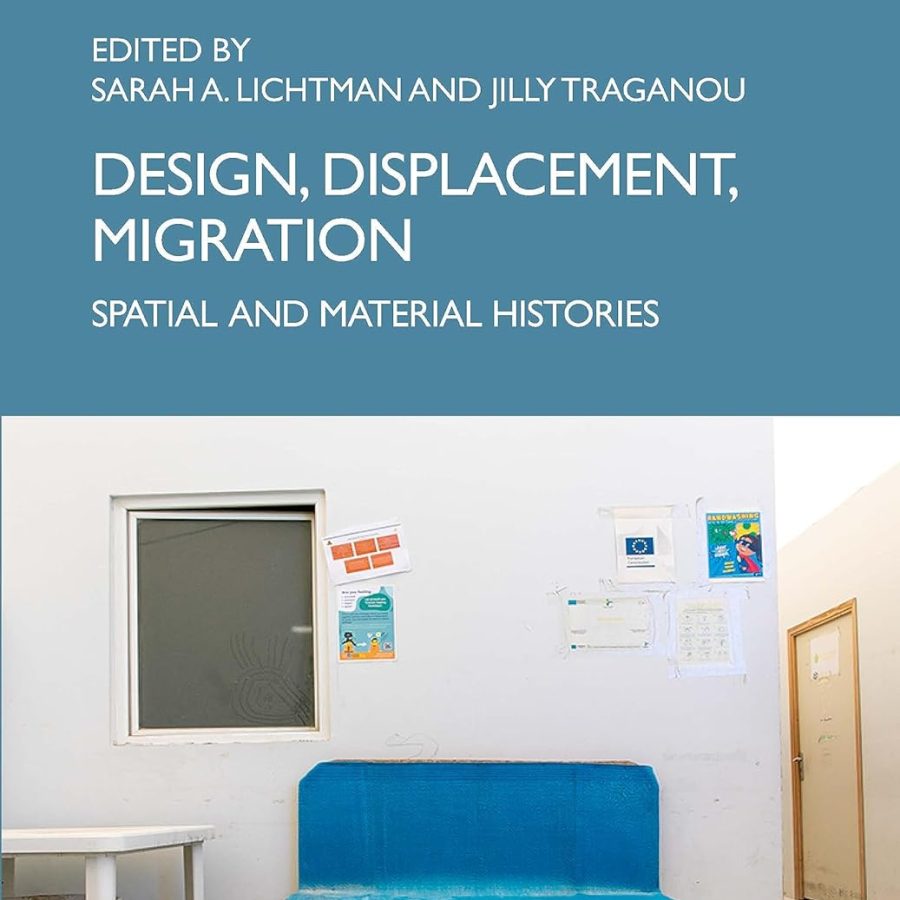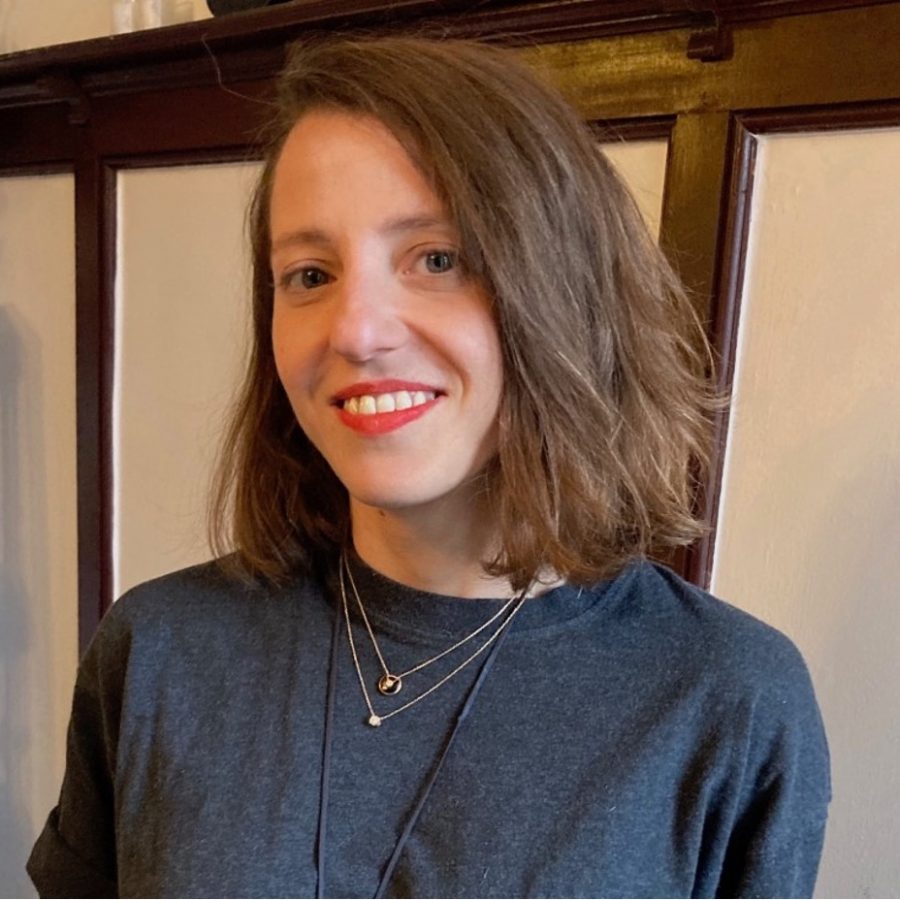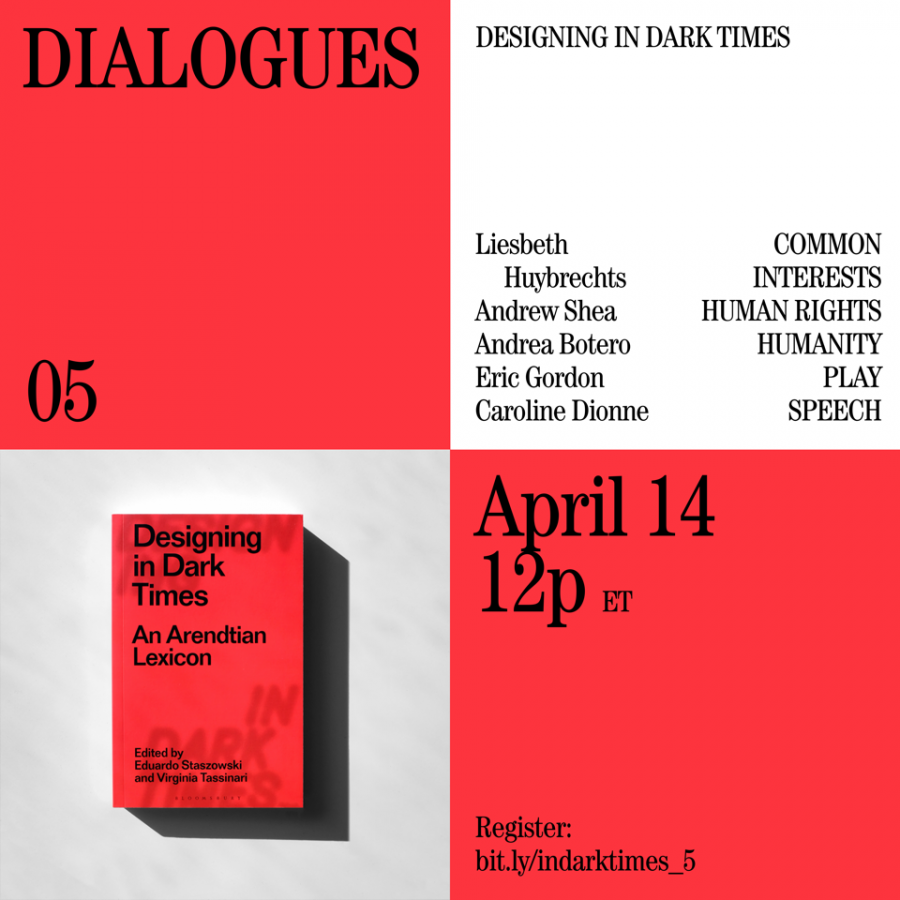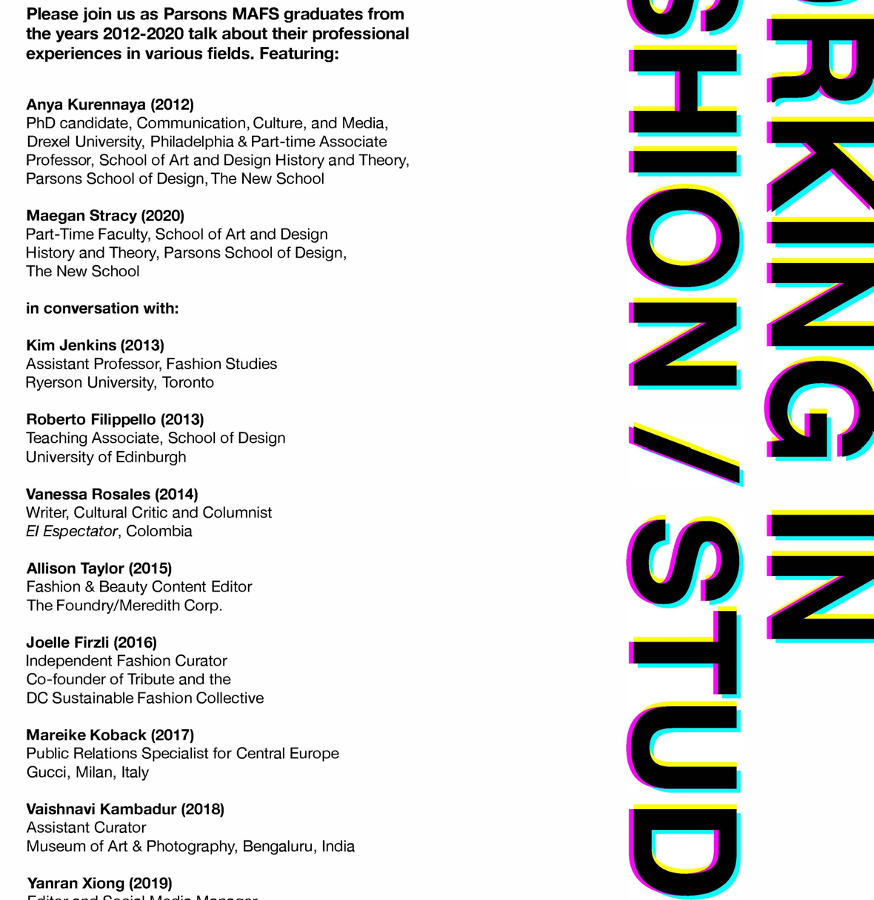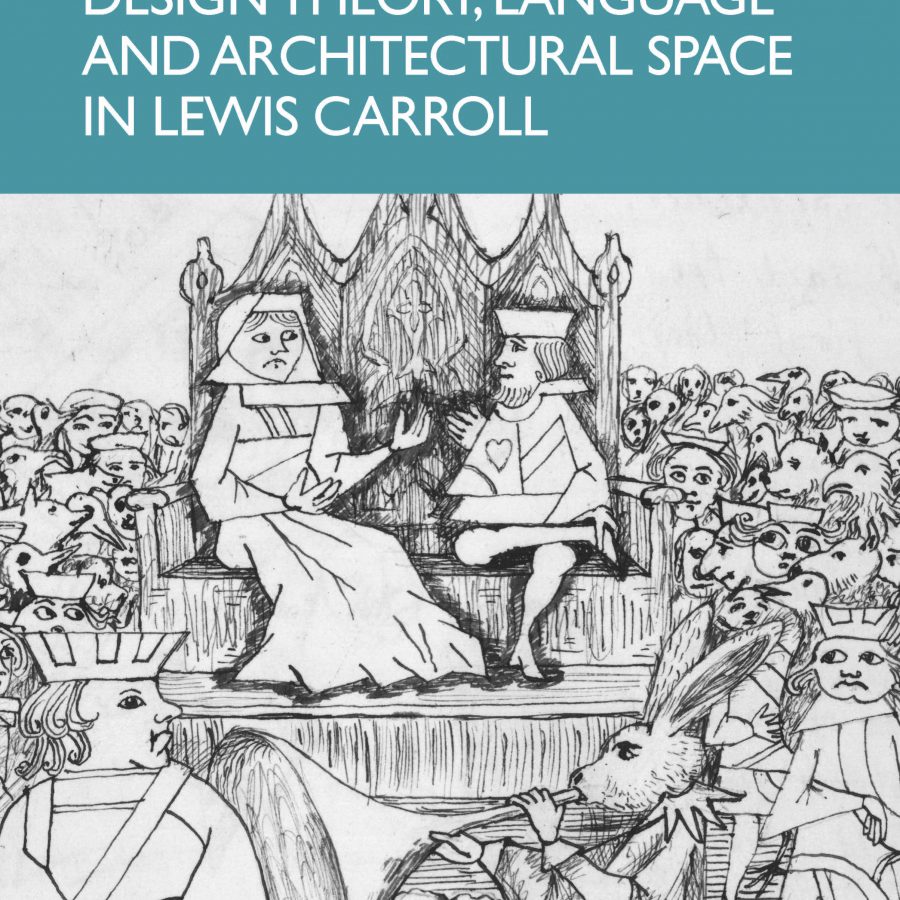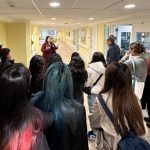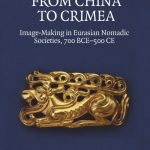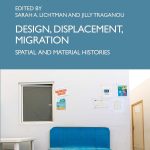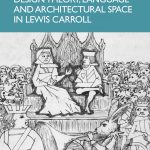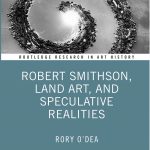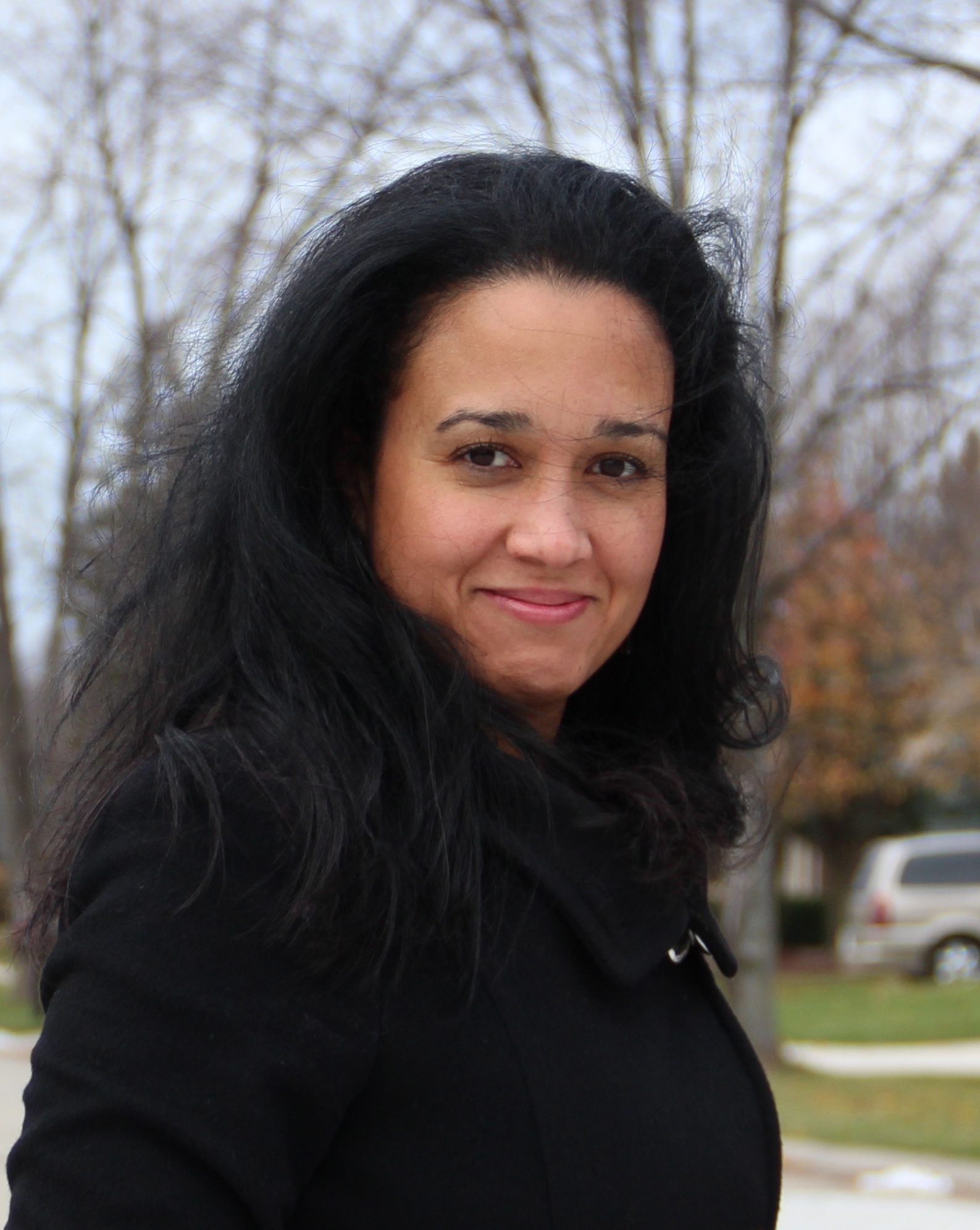
As we ring in the new academic year, The School of Art and Design History and Theory would like to welcome Wendy S. Walters, our school’s new Associate Dean! Previously the co-chair of Eugene Lang’s Literary Studies Writing department, in which she has been teaching for the past eight years, Walters joined ADHT this summer. We met with Associate Dean Walters as she shares a bit about her background, reflects on her time at Lang, and looks towards a new chapter at ADHT.
Can you tell us a bit about your background?
By nature and by training, I’m a writer. I primarily write poetry, but also nonfiction and I am doing some fiction now. I have been an associate professor in Eugene Lang’s department of Literary Studies for the last eight years, which has been great. I came to The New School from The Rhode Island School of Design, where I taught for six years in the Literature department. I primarily taught creative writing there, but also literature classes and performance studies classes. Prior to that, I was at Art Center College of Design in Pasadena (California). There I taught literary history courses as well as courses in creative methodologies, looking at the way that writing is a method of inquiry for arts practitioners, mostly studio-based artists. Since then I have taught some graduate courses online at Art Center for the Media + Field program, which is a research-intensive graduate program. These were not so much full classes as they were master classes and work sessions for graduate students preparing their theses. I received both my doctorate and MFA from Cornell University–focusing in literature and performance studies for the PhD, and in poetry for the MFA. Before that, I was at The University of Michigan.
It sounds like your varied background will be a valuable asset for a school like ADHT where both practice and theory go hand-in-hand. What are you looking forward to in the new academic year?
[ADHT] feels like a sweet spot for me. I’m very excited to see what the faculty are working on, what the students are interested in, and how the alumni are using their education here. I think that the opportunities for applying this kind of education are enormous, and I think it has a lot of potential for not just the greater world, but also for thinking about the New School and The New School’s relationship to Parsons. I am excited to learn from the ADHT faculty about what’s important to them, what has been successful and what they need help with. I hope to be helpful to Dean Sarah E. Lawrence in supporting the ADHT community, as well as to the faculty. That’s where the fun is!
You mentioned that you were at Eugene Lang for eight years. Is there anything you would like to add about your experience at Lang?
I think that Lang as a liberal arts college is very non-traditional. There is a lot of ingenious pedagogy that’s going on in the classrooms that doesn’t always make its courses fit into the traditional understanding of what a liberal arts education is, which is usually defined as being hands-off. I think that there is a deep commitment to philosophy at Lang, but there is also a part of the curriculum that is very hands-on. I see a link between many of the exciting things that are happening at Lang and at ADHT. I think my move [to ADHT] is also an attempt to maybe break down some of the brick-and-mortar definitions of the college [in order to] have more like-minded individuals having conversations with each other about not only what things are happening, what the students are interested in, what the faculty are doing with their research, but also what The New School’s vision for higher education is. I think we have all of the components here to do something very distinct but the challenge is often that colleges are so siloed that they end up having to do a lot of that work themselves.
What is your favorite aspect of The New School from your time here thus far?
So far, my favorite aspect of the school has definitely been the students. I think the students that we attract tend to have a vision for what they want that doesn’t necessarily fit into what the rest of the world wants for them. The most exciting thing is to see them go through the process of coming to articulate what their goals are, what their ambitions are, and what their vision is. That actually takes a lot of hard work. There’s a lot of frustration involved, there’s a lot of U-turns, a lot of detours. It tends to be a very academically rigorous process. Though it is much different than trying to instill a classical education into our students, in which we would say, “first you need to study the Greeks, then you need to study the Romans…” and so on and so forth. It’s a much more custom-designed path for our students. The reward is seeing them get to that point, whether in their final shows and thesis presentations, graduate studies, or other professional accomplishments. One of the things that will be different for me here is that I won’t necessarily be working with undergraduate students as much [as I did at Lang]. But I do feel like what I’ve been able to see of the curriculum is that this kind of transformation is very much part of ADHT’s educational mission. I’m so excited to see what happens here.
